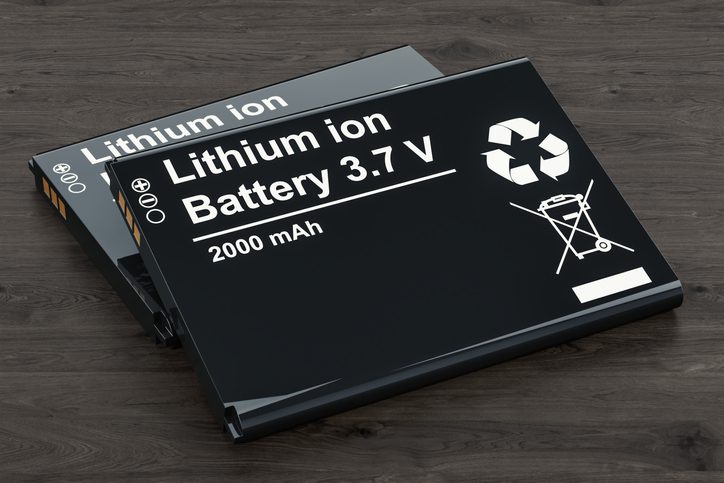Some tips for the safe use of lithium batteries

Authored by Aviva
Lithium-ion batteries can be found in a wide range of commonly used rechargeable devices such as golf carts, e-bikes, mobile phones, laptops and e-readers, to name a few. These lightweight, rechargeable batteries are designed to last longer and can be cost-effective; however if not used, stored, or charged correctly, they can cause a lot of damage.
If lithium-ion batteries are over-charged, short-circuited or damaged, they can present a fire risk. Earlier this year an e-bike left on charge caught fire and partially destroyed a house in Luton.
To protect your clients from the potential risk of fire caused by lithium-ion batteries we suggest following these simple tips:
Regularly check the condition of the battery. Look for dents, deformation, or signs of overheating. If there’s any damage, stop using the device immediately.Only use the charger that is supplied with the battery.Only use replacement batteries purchased from a reputable manufacturer or supplier.Disconnect the battery and unplug the charger when the device has finished charging. Don’t leave items on charge continuously. For example, it’s best not to leave mobile phones plugged in overnight.Charge devices in a safe place. For example, don’t cover lithium batteries when charging, or charge them where they are exposed to high temperature or sunlight.Ensure there are adequate early warning systems in place, such as fully-operating smoke alarms.
Loss Prevention Standards – High voltage batteries
Guidance on the use, storage and handling of high voltage batteries
Find out more





